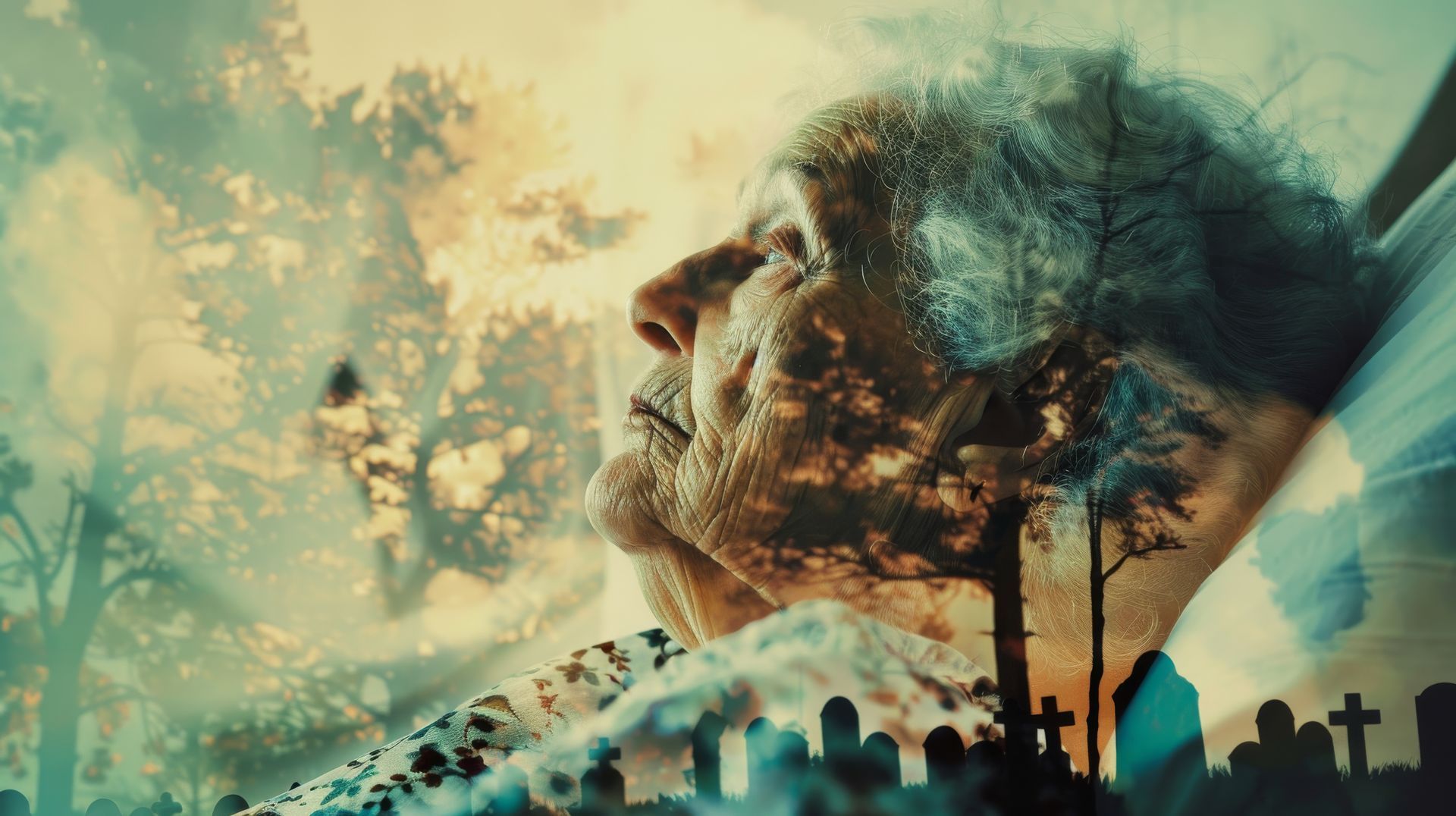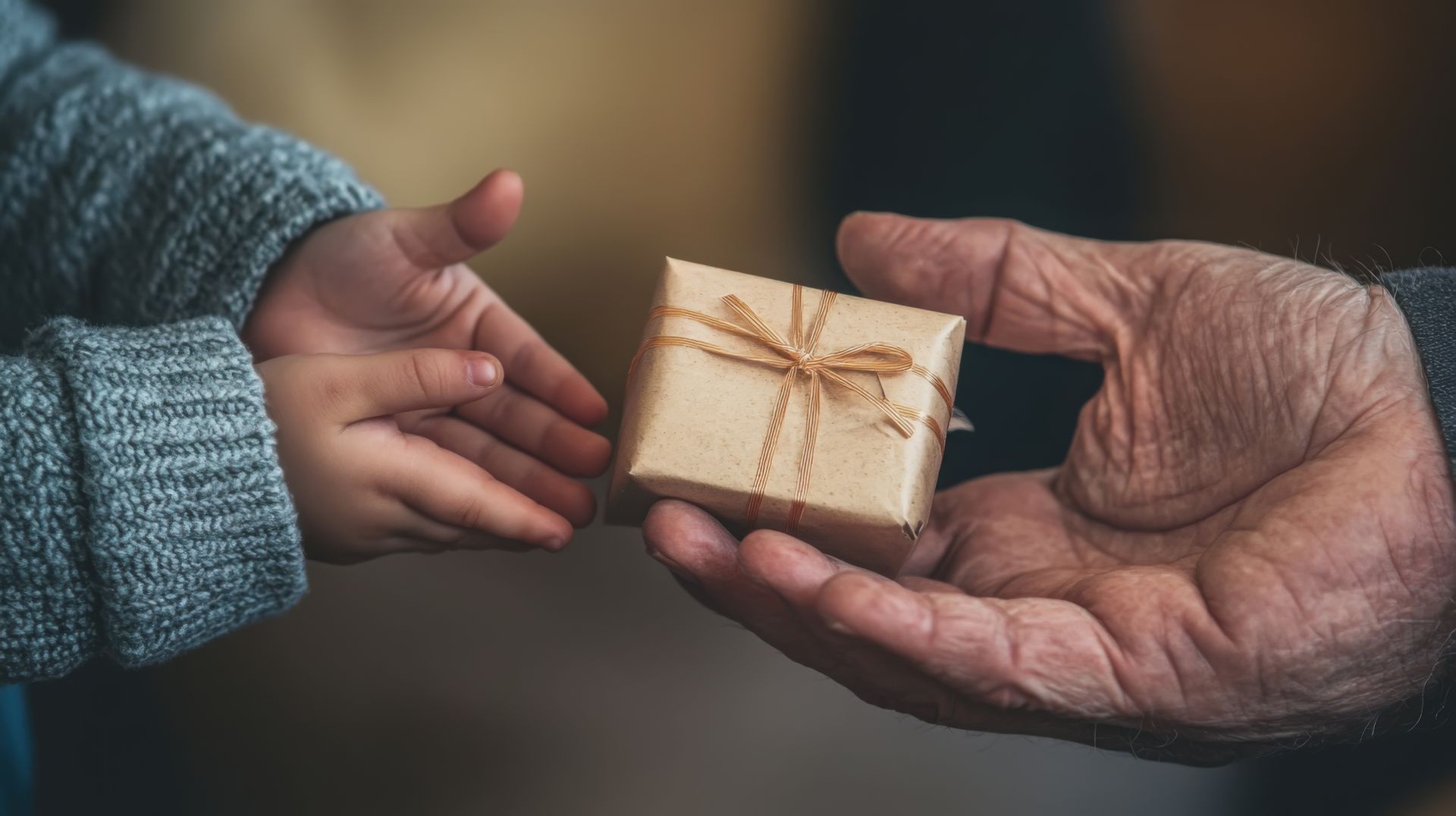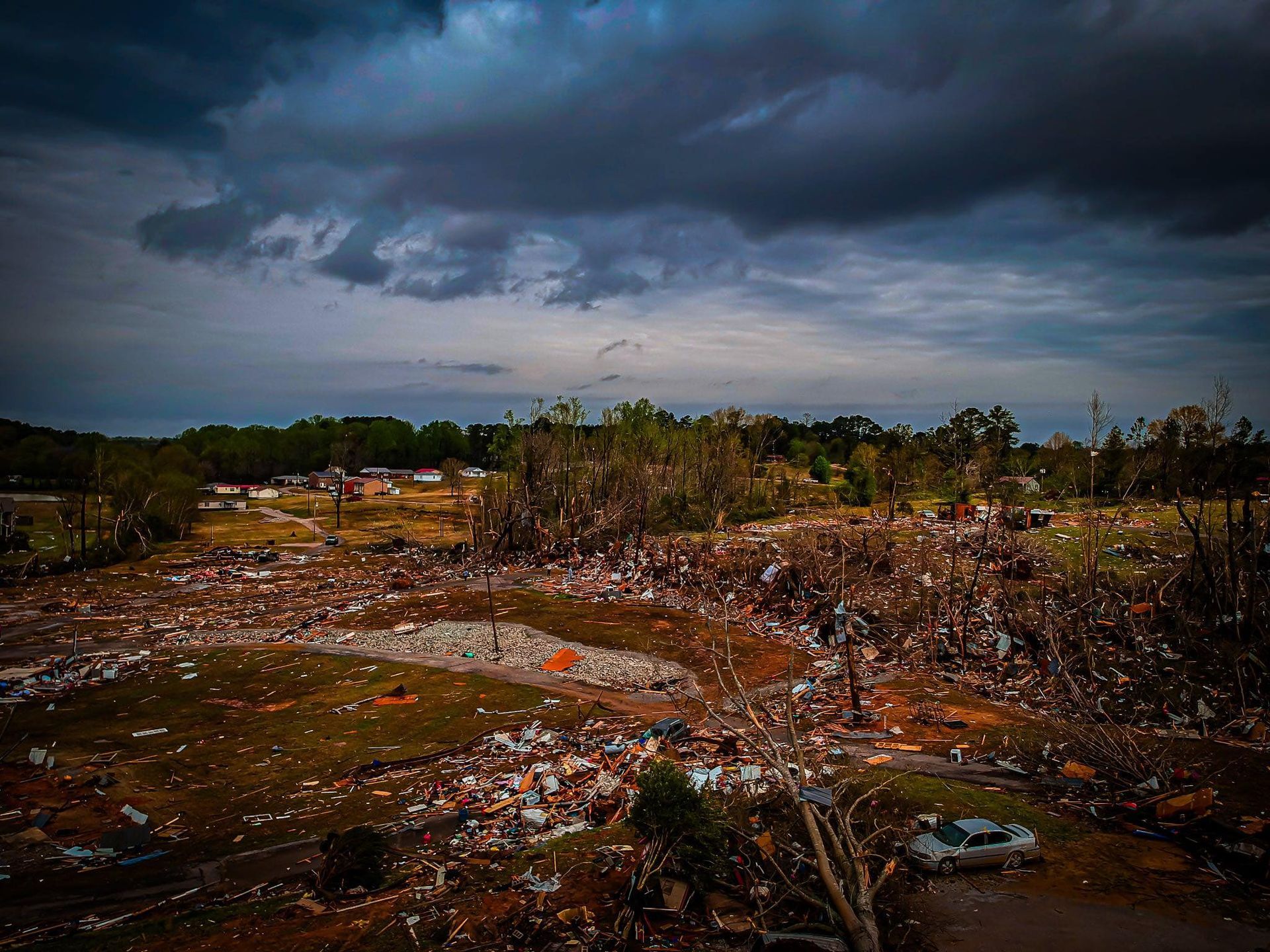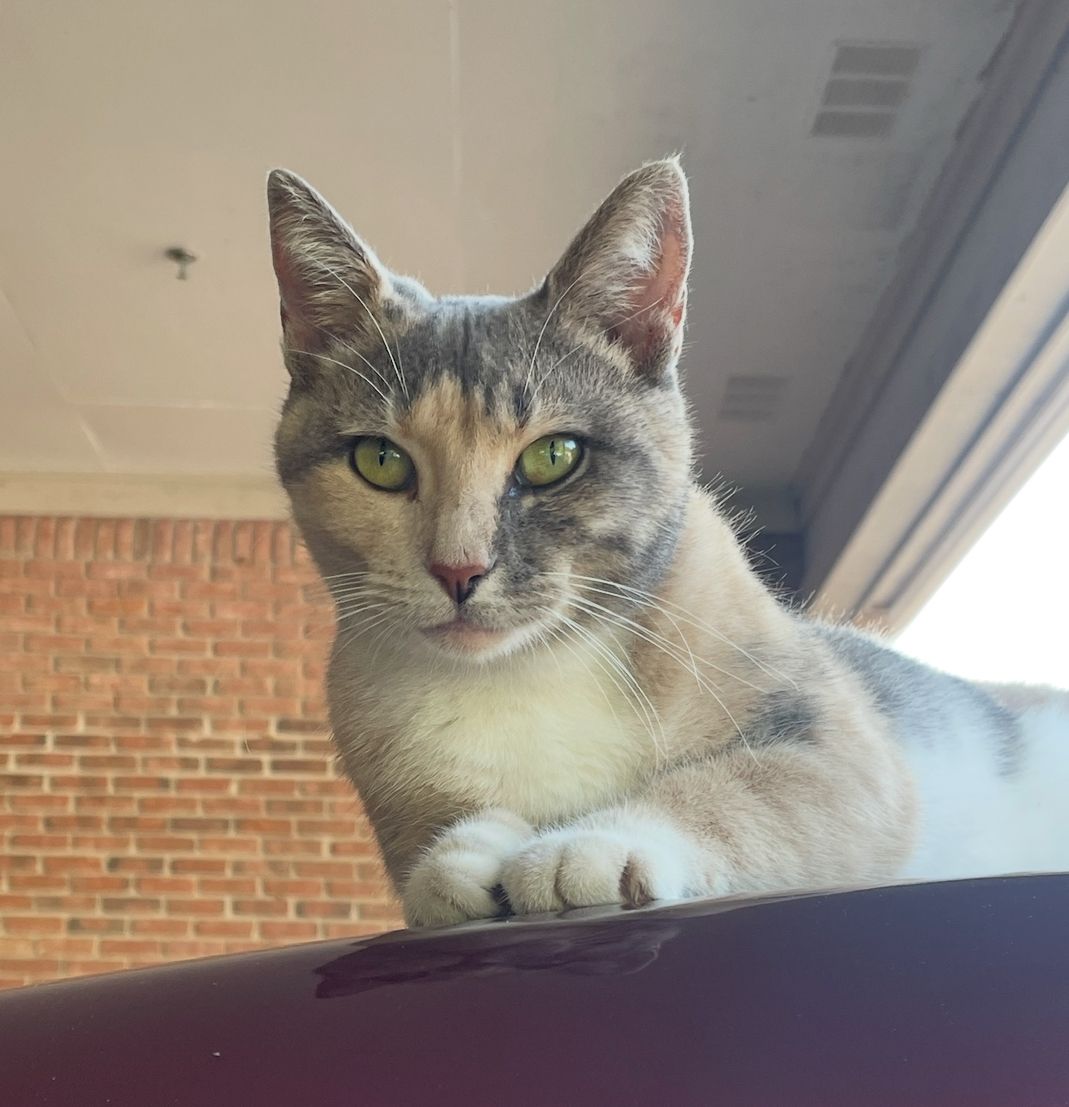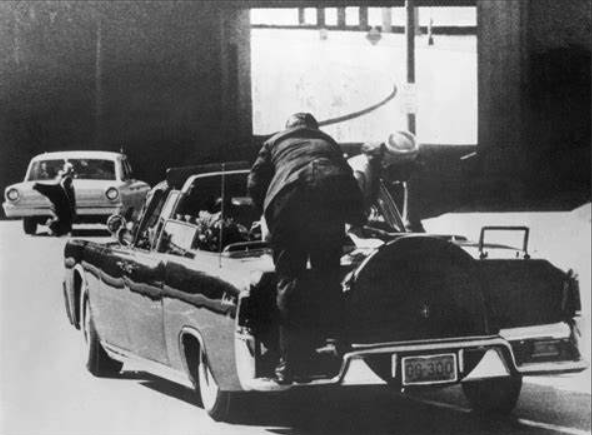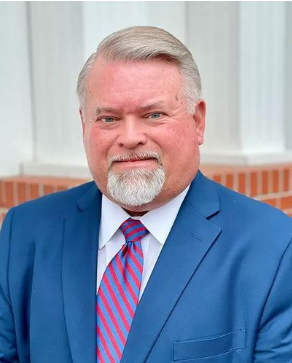Not Guilty
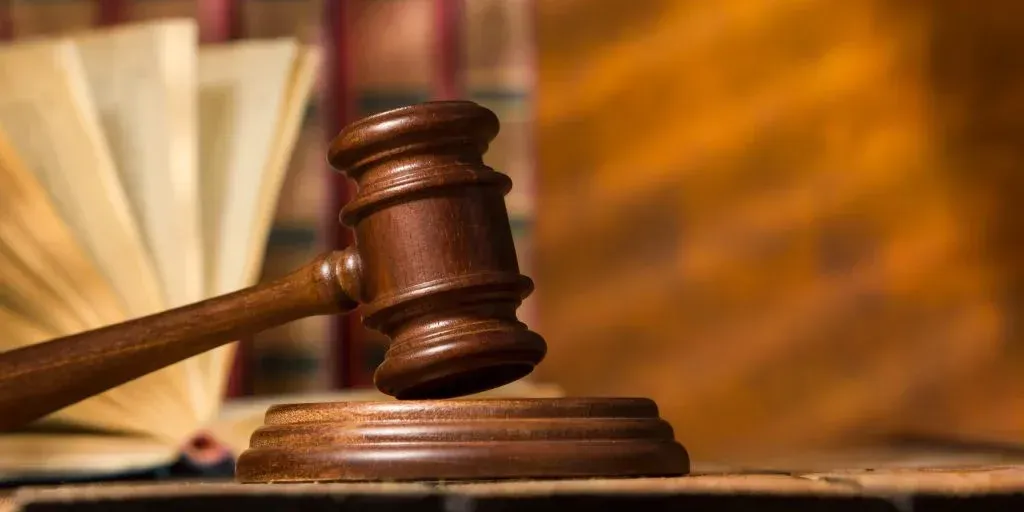
His parents had gone out for the evening, leaving him happily playing with his toy cars and trucks, crashing them into each other as young boys are prone to doing. His grandparents were babysitting when the call came . . . the call that told of an accident involving an out of control 18-wheeler. It struck his parents’ car head-on, killing both of them instantly. When his grandparents came to tell him, he was still happily crashing his cars and trucks into each other. And for years afterwards, he believed he was responsible for the deaths of his parents.
So went the story relayed by Det. Travis Burke in “Mystery 101: Deadly History”. He and Amy Winslow were searching for Amy’s missing uncle and, while discussing family, Travis revealed why he rarely spoke of his. It was too painful and, even though he now knew he wasn’t responsible, he still felt that weight.
Although the story may be fictional, that scene is grounded in a reality too many people experience. They did something at some point . . . made a decision . . . engaged in an innocent, everyday act . . . wished ill on someone in a fit of anger . . . whatever it might have been, Death entered the picture not long thereafter, bringing with him his traveling companion Guilt.
I listened one evening as a young man shared the weight he had carried for years, a weight born of a decision he made not to be the driver on a trip out of town. His mother needed to go, he couldn’t take her, so she found someone who could—and they both died in an accident as they were coming home. From that day on his mind kept asking the questions no one will ever be able to answer. If he had gone, would she have arrived home safely? If he had gone, would they both have died? How would their histories have been altered if he had rearranged his schedule so he could take her? He knows he’ll never know, and as the years have passed, he has grown to accept that fact, but there are still those days when some little something resurrects the event, and the questions echo again.
My grandfather had back trouble for years, as did my father, and there was one particular time when he was bedridden and in a tremendous amount of pain. I prayed every night for relief from that suffering, asking that he’d never have to endure that kind of pain again. He did recover, but not long afterward he died. I remember lying in bed in my dorm room after the funeral, staring into the darkness and contemplating his absence, when the realization literally took my breath. I asked for his relief. I asked for an end to his suffering. And that’s exactly what I got. Now I know that isn’t how God works and intellectually I knew his death wasn’t my fault. But subconsciously I blamed myself for years. Even today, if I ask anyone for anything, I choose my words carefully, afraid of unintended consequences.
Every person’s death can bring with it a certain amount of guilt, usually over things left undone or unsaid. But there are those occasions when we get this deeply unsettling feeling that we are in some way responsible for their departure. Are there times when someone truly contributed to the death of another individual, whether accidentally or intentionally? Unfortunately, yes. But for all those other times when the weight of that guilt should not exist, you need to give yourself some grace and lighten that load. And if necessary, find a good therapist who can help you work through those feelings.
Never let the love you shared with another person be overwhelmed by a guilt that isn’t yours to carry.
About the author: Lisa Shackelford Thomas is a fourth generation member of a family that’s been in funeral service since 1926. She has been employed at Shackelford Funeral Directors in Savannah, Tennessee for over 40 years and currently serves as the manager there. Any opinions expressed here are hers and hers alone, and may or may not reflect the opinions of other Shackelford family members or staff.
